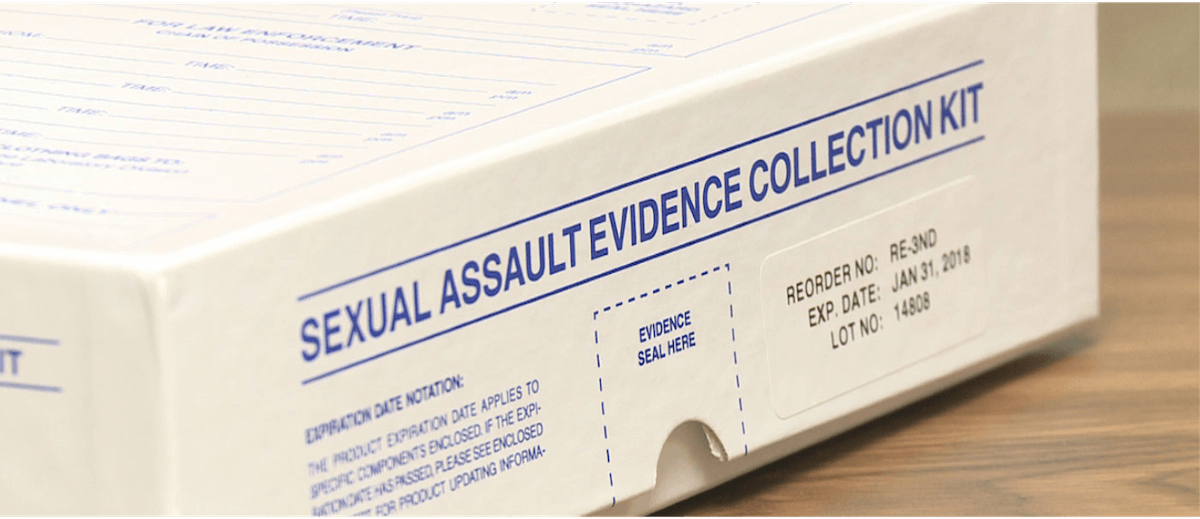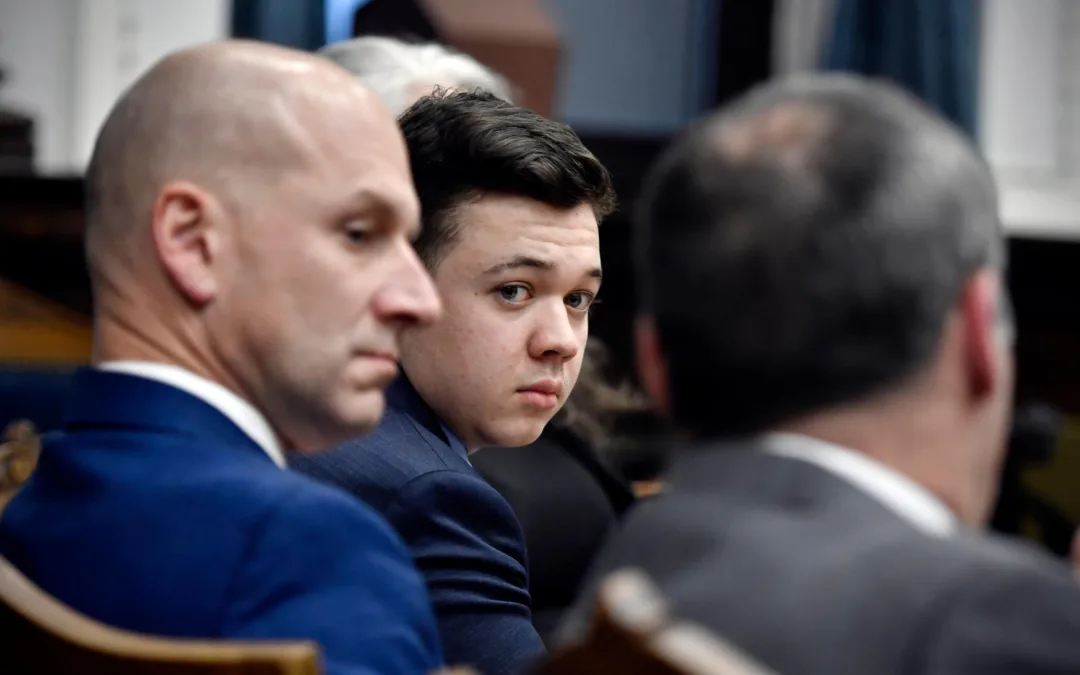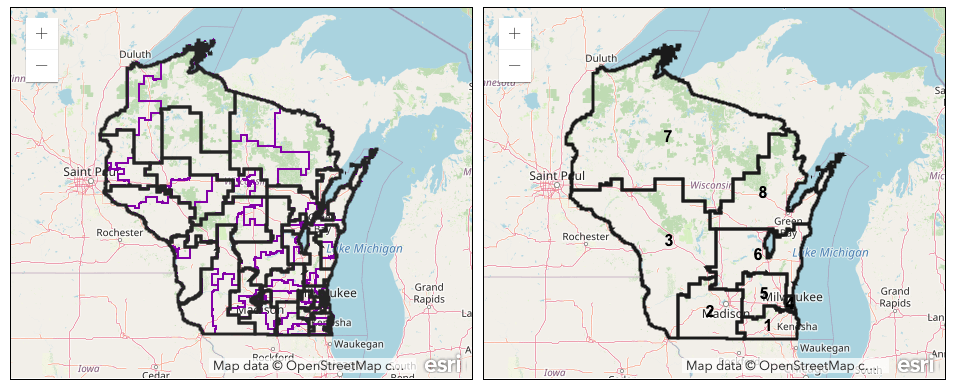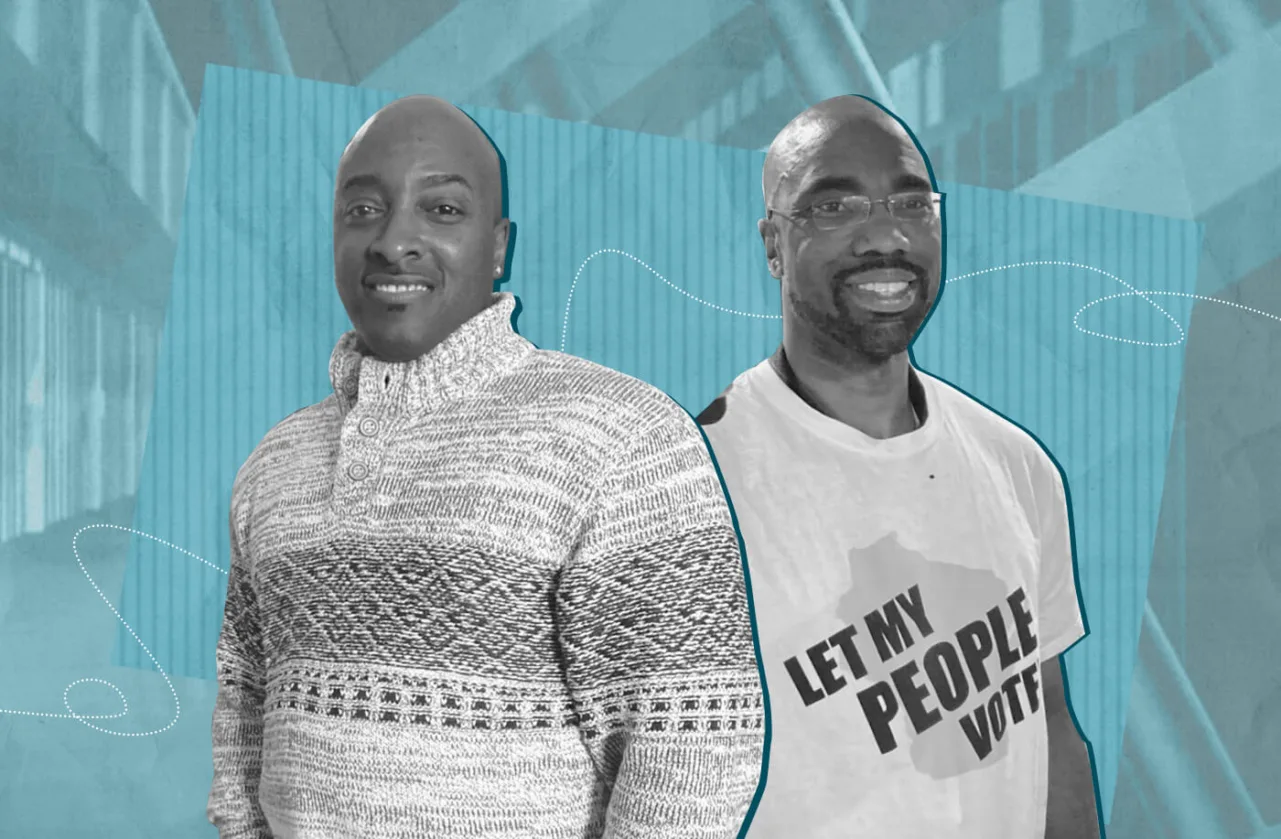
#image_title
#image_title
Wisconsin continues to sentence young people to life sentences without the possibility of parole, despite the practice being banned by the US Supreme Court.
Dominee Meek and Garland Hampton were fortunate enough to get a second chance.
They both grew up surrounded by physical, verbal, and sexual abuse. Before they had an opportunity to develop into their own men, they were lured into gangs. In 1992, when Meek was 15, he shot and killed someone in a gang dispute; two years later, a 15-year-old Hampton would follow suit.
“I remember the judge that waived me [into adult court] told me that I was the worst of the worst in society,” said Hampton, now 42. “As a kid, I didn’t know what that meant. But I’ll tell you this: It didn’t feel good at all.”
Hampton and Meek were tried as adults and convicted of first-degree intentional homicide, which carries a life sentence in Wisconsin.
Both spent more than 25 years in prison reforming themselves before they were finally released on parole. Now they’re hoping other Wisconsinites who made grave mistakes as children or teenagers will get the same shot at redemption.
Had Meek and Hampton committed their crimes just a few years later, they would still be in prison, with no hope to ever get out. That’s because a state law passed in 2000 and reaffirmed in 2011 under former Gov. Scott Walker eliminated parole eligibility for anyone who committed a felony after 1999 and was sentenced to at least one year in prison. Even minors are included in the law, despite a series of US Supreme Court rulings that banned sentences of life without parole for juveniles. As of 2019, Wisconsin had more than 120 “juvenile lifers,” according to the American Civil Liberties Union of Wisconsin.
“It’s unconscionable what we’re doing to our kids,” said Meek, now 44 years old.
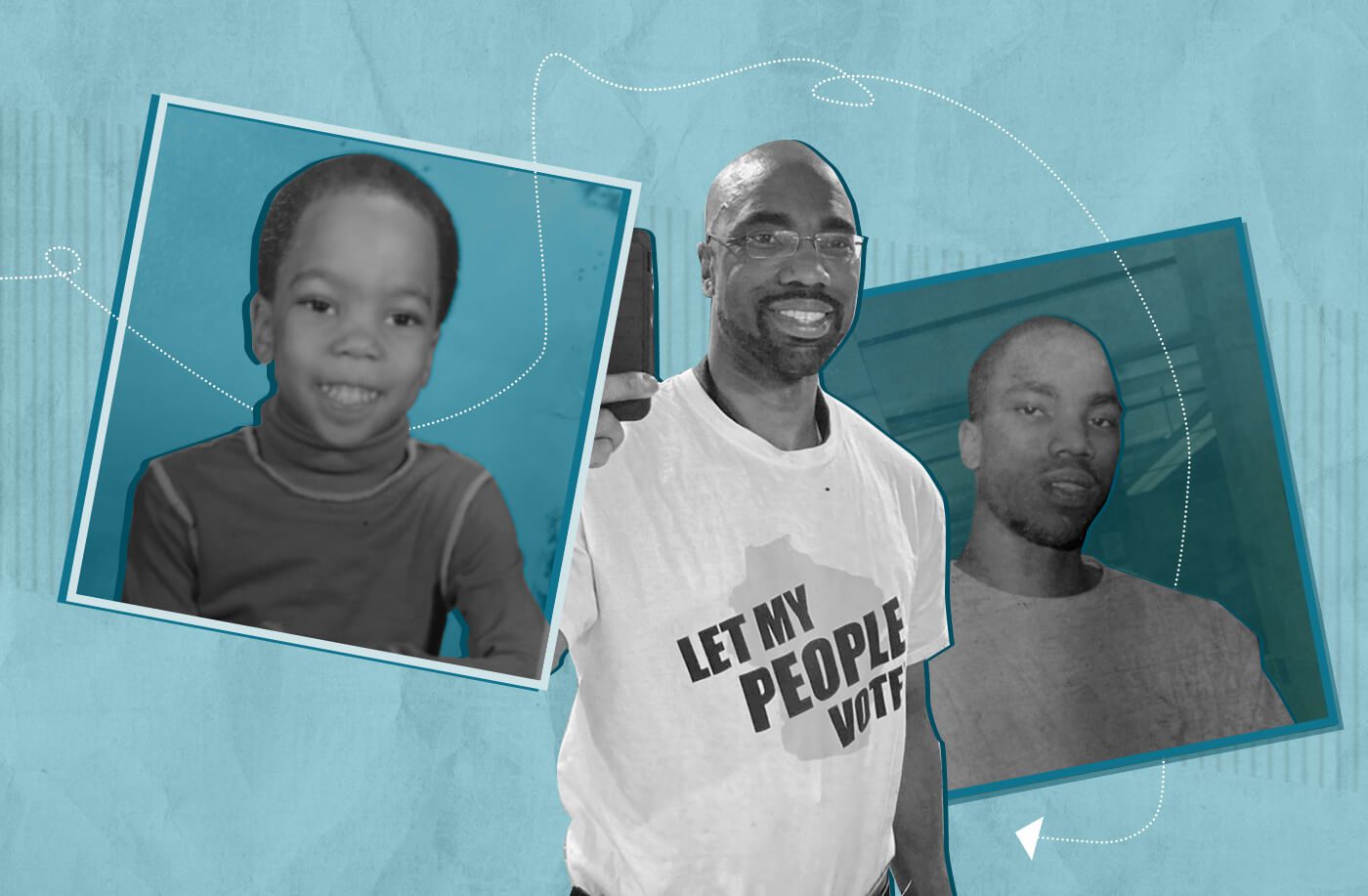
Meek and Hampton spoke on behalf of the Wisconsin Alliance for Youth Justice (WAYJ) during a legislative briefing Monday afternoon. They promoted a bill to ban life-without-parole sentences for juveniles and mandate courts to provide an avenue for sentencing adjustments for youth offenders after 15 years behind bars.
Twenty-four other states and Washington, DC, have banned such sentences after the Supreme Court rulings, according to the Sentencing Project. Even traditionally Republican states, such as Texas and both Dakotas, have outlawed juvenile life without parole.
“It’s not like we go in there and we pitch this as some sort of a liberal, leftist, progressive issue, because it’s not,” said Preston Shipp, senior policy counsel for the national Campaign for the Fair Sentencing of Youth, which works to end the practice. “It’s a conservative issue just as much as it’s a progressive issue.”
The American Psychological Association argued in a 2012 US Supreme Court brief that, because juveniles’ brains are developmentally different from adults’, life-without-parole sentences for minors violated the Eighth Amendment’s protection against cruel and unusual punishment. And while it did not argue on the constitutionality of the practice, the American Medical Association also filed a Supreme Court brief highlighting the differences in child brain development.
Dr. David Thompson, a child psychologist from Burlington who spoke during the briefing, said as the brain matures, people become far less likely to commit serious crimes.
“What that tells us is most of these youth who are high-risk at the time they commit crimes become low-risk adults,” Thompson said.
Childhood trauma can play a huge role in not only promoting negative behavior, but also in slowing brain development, Thompson said.
In Hampton’s case, he had so much trauma, he said his “life was over before it really began.” He was conceived in a rape. The New York Times published a story about him shortly before his conviction, dubbing homicide a “cursed heirloom” of the family: When Hampton was 9, his mother killed his stepfather in front of him; years before he was born, his grandmother killed the father of two of her children.
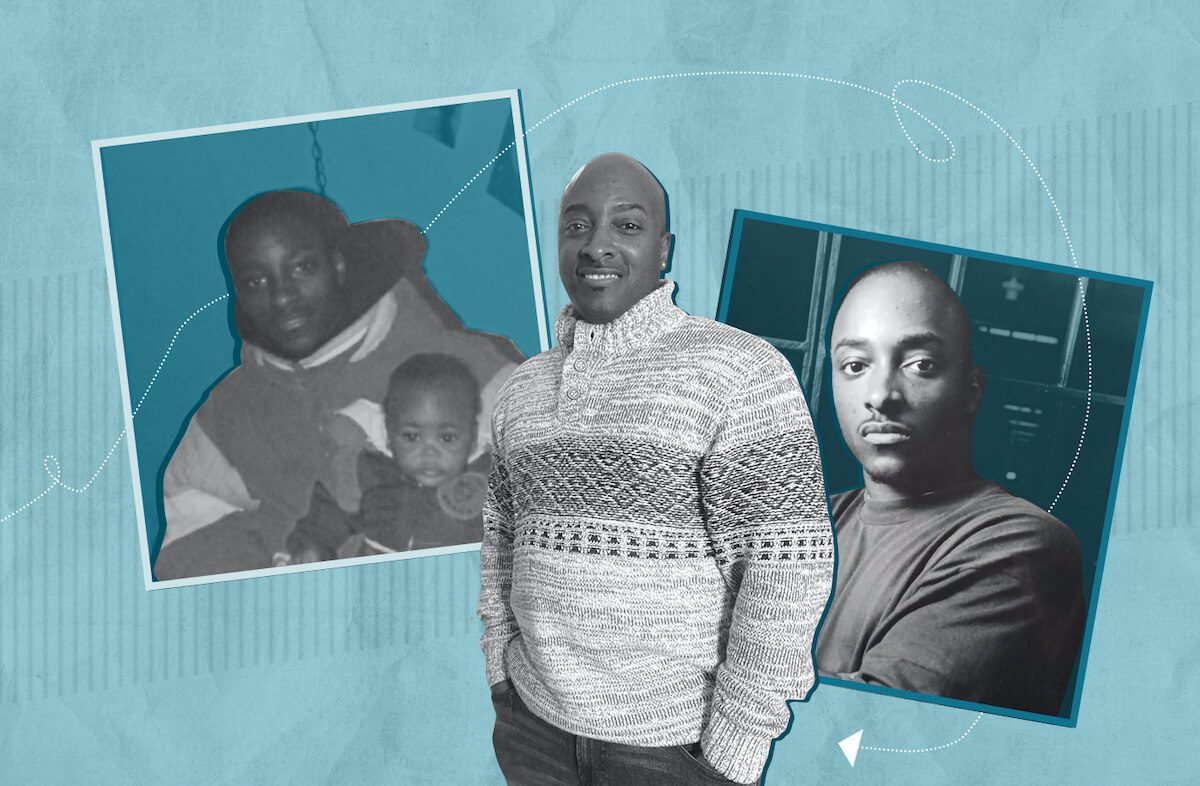
“I cannot overemphasize the importance of trauma and the need for individuals to consider trauma when considering the reasons that various adolescents find themselves in various situations where they’re making bad decisions,” Thompson said.
State Rep. David Bowen (D-Milwaukee) first proposed the bill to ban juvenile life without parole last year, but it failed to gain much traction outside of Democratic lawmakers. Rep. Todd Novak (R-Dodgeville) was the only Republican legislator to cosponsor it.
“True justice has to be restorative, and the way from there to be restorative justice is to ensure that individuals can also have back their livelihoods to prove that they can be contributing members of society,” Bowen said.
The bill’s requirement for courts to give possible sentencing adjustments for youth offenders after 15 years behind bars is especially important for minors who received “extreme sentences,” or prison terms of 20 years or longer, said Wendy Sisavath, head of WAYJ.
There are currently 410 incarcerated people in Wisconsin who were sentenced to extreme terms as minors, Sisavath said. Some of those people received “de facto life sentences” of 100 years or more, she said.
“We aren’t animals,” Hampton said. “We just kids. We’re the product of our environment. What kind of world or society do we live in when we say we just gonna lock our kids up and throw away the key, and that they deserve to be there?”
Politics
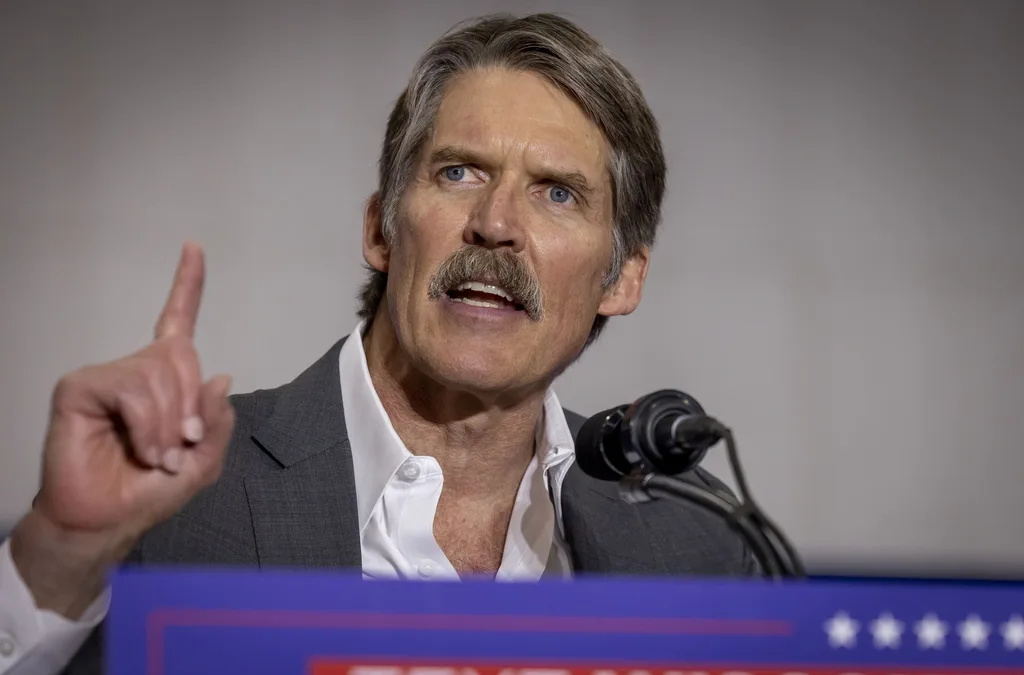
Eric Hovde’s company exposed workers to dangerous chemicals, OSHA reports say
A Madison-based real estate company run by Wisconsin US Senate candidate Eric Hovde settled with the Occupational Safety and Health Administration...
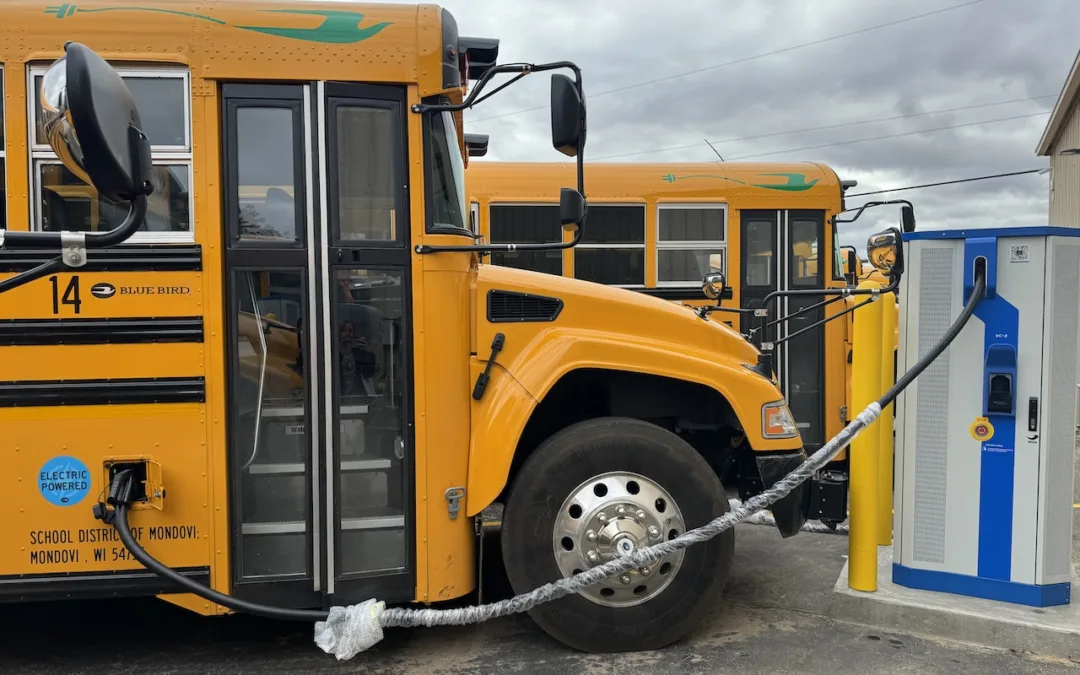
Plugged in: How one Wisconsin school bus driver likes his new electric bus
Electric school buses are gradually being rolled out across the state. They’re still big and yellow, but they’re not loud and don’t smell like...
Local News

Stop and smell these native Wisconsin flowers this Earth Day
Spring has sprung — and here in Wisconsin, the signs are everywhere! From warmer weather and longer days to birds returning to your backyard trees....

Your guide to the 2024 Blue Ox Music Festival in Eau Claire
Eau Claire and art go hand in hand. The city is home to a multitude of sculptures, murals, and music events — including several annual showcases,...


